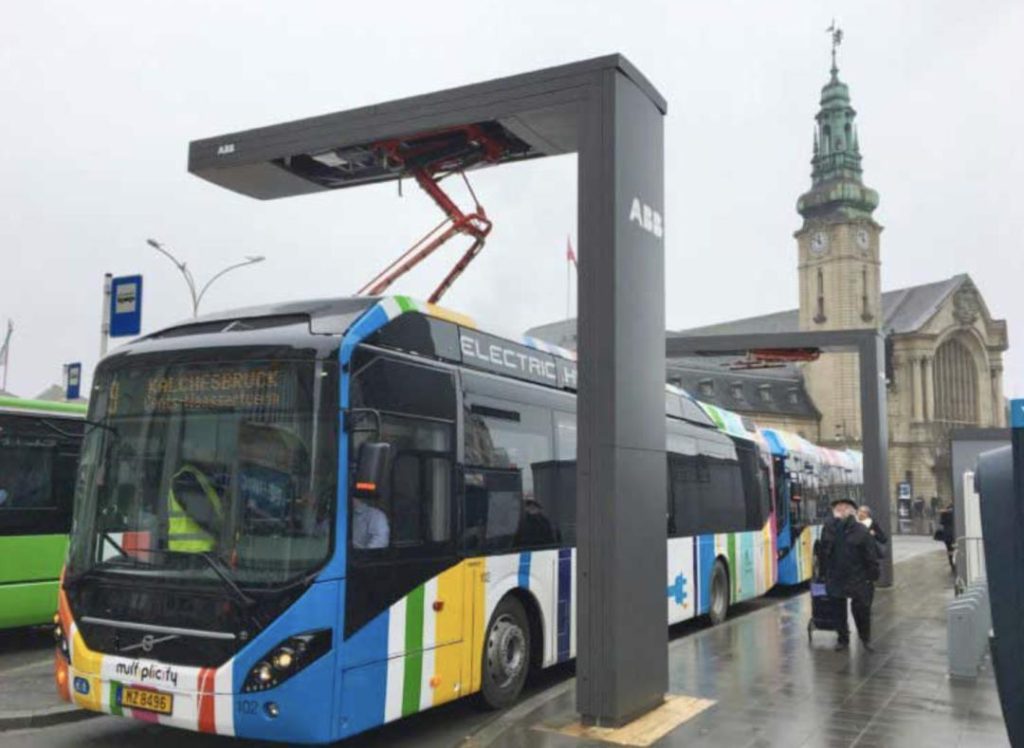
Govt to Install 360 kW EV Chargers on Highways for Bus, Trucks
The Indian government has taken a significant step towards promoting the adoption of electric vehicles (EVs) by planning to install high-capacity electric vehicle chargers along highways, expressways, and bus stops. These chargers, with a capacity of 360 kW, will significantly reduce charging time for heavy-duty and premium EVs, making long-distance travel more convenient.
The announcement comes as a welcome move for the EV industry, which has been growing steadily in recent years. The government’s plan to install these high-capacity chargers is aimed at addressing one of the major concerns of EV adoption – charging time. Currently, most EV chargers have a capacity of 50-100 kW, which can take several hours to fully charge a vehicle. The 360 kW chargers, on the other hand, can charge a vehicle to 80% in just 15 minutes.
The installation of these high-capacity chargers will have a significant impact on the EV ecosystem. For one, it will make long-distance travel more convenient, as drivers will no longer have to worry about finding charging points along the way. This will be especially beneficial for bus operators and truck owners, who often have to travel long distances and need reliable charging infrastructure.
The 360 kW chargers will also support the growth of premium EVs, which are gaining popularity in India. These vehicles, which include luxury cars and SUVs, have higher power demands and require faster charging times. The high-capacity chargers will enable these vehicles to be charged quickly and efficiently, making them more appealing to consumers.
The government’s plan is also expected to have a positive impact on the environment. EVs produce zero tailpipe emissions, which can significantly reduce greenhouse gas emissions and improve air quality. With the installation of high-capacity chargers, more people will be encouraged to switch to EVs, leading to a reduction in emissions and a cleaner environment.
The installation of the 360 kW chargers is expected to begin soon, with the government planning to set up the infrastructure along highways, expressways, and bus stops. The chargers will be powered by the grid and will be designed to withstand extreme weather conditions. The government has also planned to establish a network of charging points, which will enable EV owners to find charging stations easily.
The government’s move to install high-capacity EV chargers is part of its broader plan to promote the adoption of EVs in India. In recent years, the government has taken several initiatives to encourage the growth of the EV industry, including the introduction of incentives and subsidies for EV manufacturers and buyers.
The Indian government has set a goal of selling 30% of all new vehicles sold in the country as EVs by 2030. To achieve this goal, the government is planning to invest heavily in the EV infrastructure, including the installation of high-capacity chargers. The government has also planned to set up a network of charging points, which will enable EV owners to charge their vehicles easily and conveniently.
In conclusion, the government’s plan to install 360 kW EV chargers on highways, expressways, and bus stops is a significant step towards promoting the adoption of EVs in India. The high-capacity chargers will reduce charging time for heavy-duty and premium EVs, making long-distance travel more convenient. The installation of these chargers will also support the growth of premium EVs and reduce emissions, leading to a cleaner environment.






